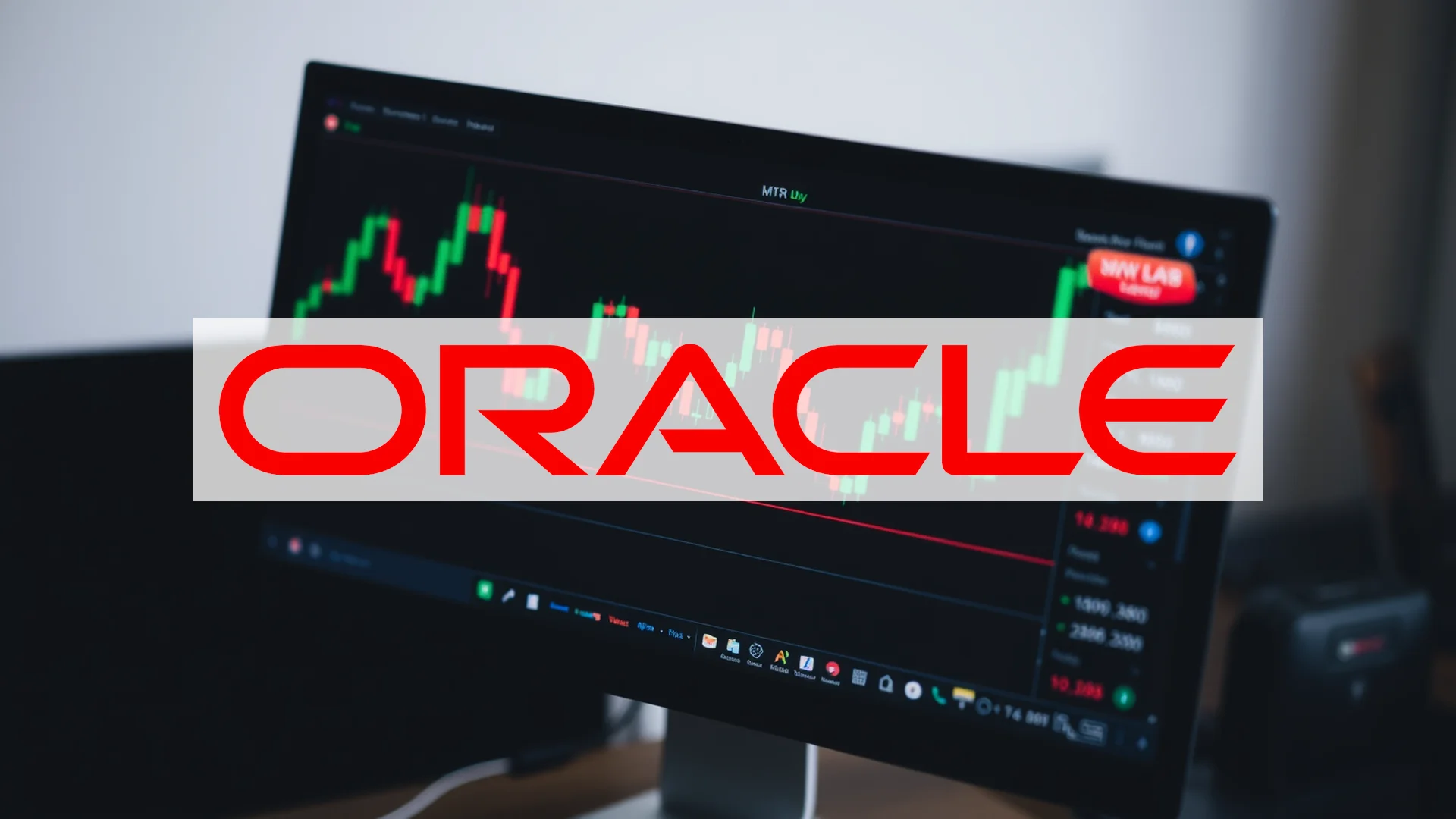The artificial intelligence boom is showing its first signs of strain, with Oracle finding itself at the center of investor concerns. Internal documents have revealed that the software giant’s cloud profit margins are substantially lower than Wall Street had anticipated. This development could have implications reaching far beyond Oracle’s own operations.
Profitability Concerns Emerge
Oracle’s stock had been enjoying its most successful period in recent memory, having surged more than 50% since the start of the year amid widespread AI enthusiasm. However, the impressive growth narrative now appears to conceal significant profitability challenges.
According to Bloomberg reports, while Oracle generated a substantial $900 million in revenue from server rentals utilizing Nvidia chips during the three-month period ending in August, the company’s gross profit told a different story. With just $125 million in gross profit, Oracle achieved a margin of only 14 percent—a figure that raises serious questions about the economic viability of its cloud infrastructure strategy and highlights the substantial costs underlying the AI expansion.
Sector-Wide Repercussions
The disclosure triggered a chain reaction across technology markets. Not only did Oracle shares decline, but the news also dragged down Nvidia and other semiconductor and data center stocks. Investors are demonstrating increased sensitivity to profitability metrics, signaling that market participants are moving beyond pure growth narratives and demanding tangible financial results.
Should investors sell immediately? Or is it worth buying Oracle?
The timing is particularly noteworthy given Oracle’s recent executive reshuffle and ambitious forecast predicting cloud revenues reaching $144 billion by 2030. A significant portion of this projected growth is expected to originate from the “Stargate” collaboration with OpenAI, which involves constructing five massive AI data centers.
The Fundamental Challenge
The central question now facing Oracle is whether the company can execute its aggressive expansion plans while maintaining adequate profit margins. The current market reaction represents a turning point where growth alone is no longer sufficient—the profitability of billion-dollar AI investments is becoming equally important.
Industry observers note that semiconductor expenses, data center construction costs, and substantial energy requirements could emerge as critical vulnerabilities across the entire AI sector. Adding to the concerns, Oracle’s stock currently shows technically overbought conditions with an RSI reading above 73, creating fertile ground for potential further corrections. The company now faces the ultimate test of transforming its AI aspirations into financially sustainable operations.
Ad
Oracle Stock: Buy or Sell?! New Oracle Analysis from February 7 delivers the answer:
The latest Oracle figures speak for themselves: Urgent action needed for Oracle investors. Is it worth buying or should you sell? Find out what to do now in the current free analysis from February 7.
Oracle: Buy or sell? Read more here...










